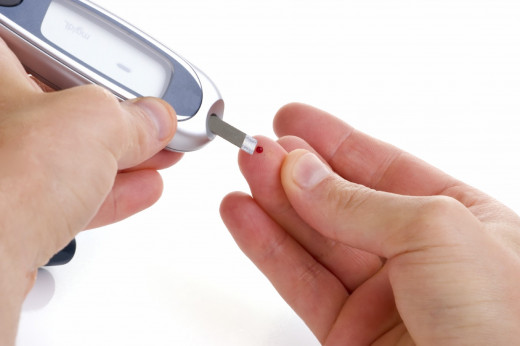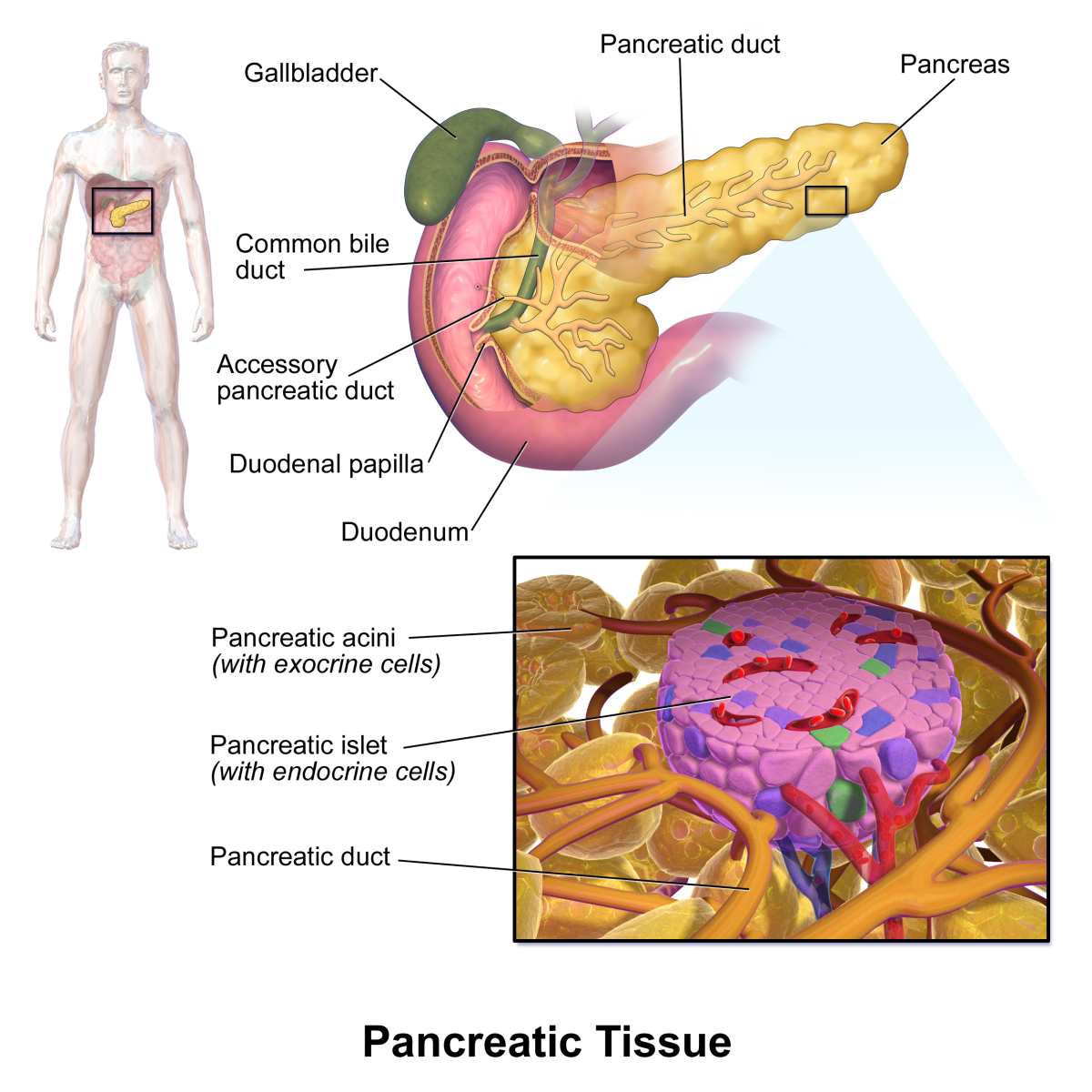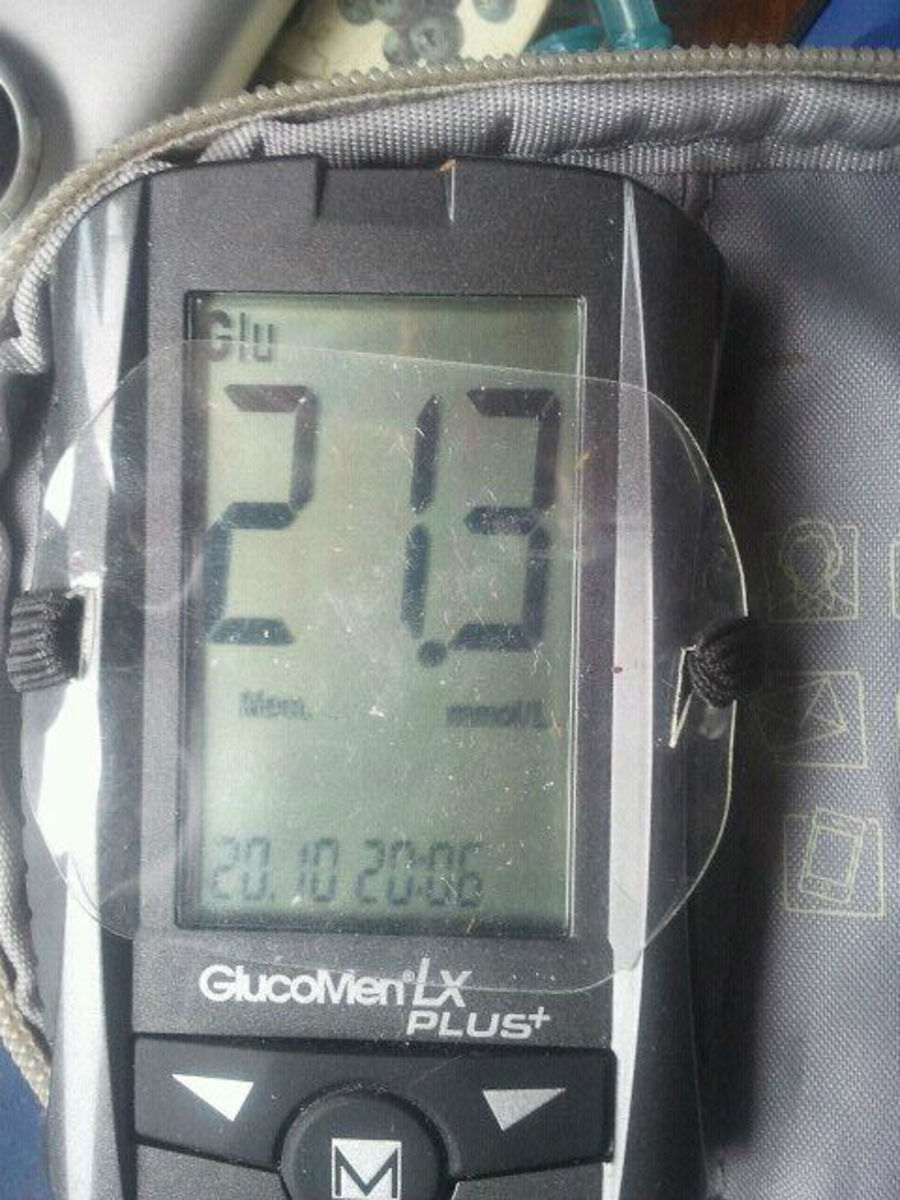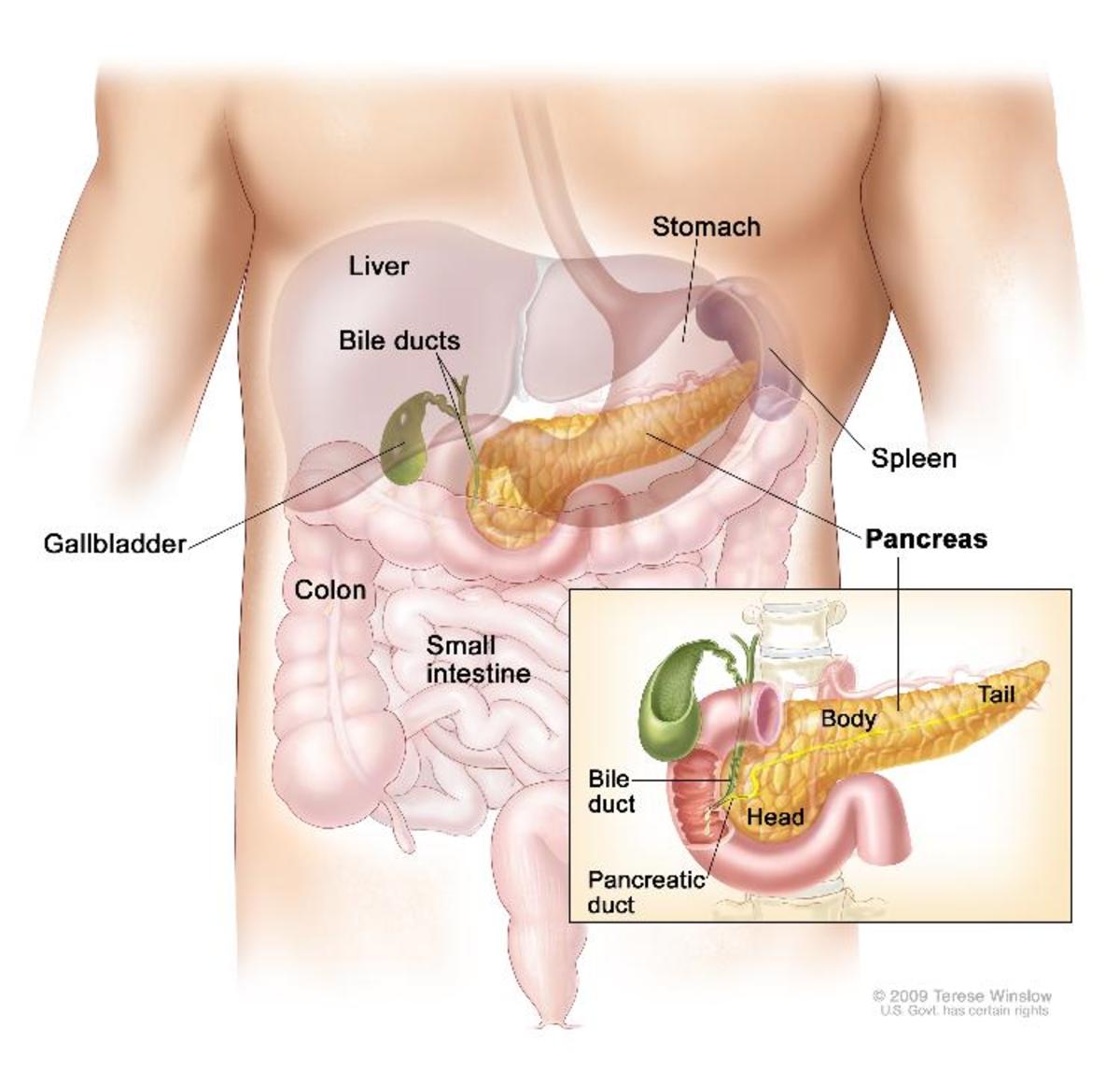Controlling and Managing Type 1 Diabetes
Diabetes is a Complex Disease but Managing the Illness Doesn't Have to Be Complex

What is Diabetes?
Diabetes is a metabolic disease that affects a person’s blood sugar due to the body’s inability to process insulin- either because of a failing pancreas or because the person’s blood cells do not know how to properly absorb the insulin needed to keep the body going. In the scientific community the condition goes by diabetes mellitus. There are three main types of diabetes- type 1 diabetes, type 2 diabetes and gestational diabetes. Type 1 diabetes used to be known as juvenile diabetes due to its prevalence in children. Type 2 diabetes is the most common form of diabetes in the United States and is usually associated with unhealthy eating and poor exercise. Gestational diabetes is a rare form of diabetes that occurs in women during pregnancy. Untreated, diabetes can cause comas, cardiovascular disease, renal failure, blindness, paralysis and more. That is why early diagnosis and intervention, as well as proper management and learning to control the disease is so important if a person with diabetes wants to live a long and healthy life.
Type 1 Diabetes Affects the Way Your Body Absorbs Insulin

What is Type 1 Diabetes?
Type 1 diabetes is most commonly found in children and young adults. It is usually diagnosed at birth but is not always passed down genetically, therefor it is possible for a child to develop diabetes type 1 at a young age even if they were not born with the disease. “In type 1 diabetes, there's no insulin to let glucose into the cells, so sugar builds up in your bloodstream, where it can cause life-threatening complications (MayoClinic, 2013). Risk factors for type 1 diabetes include a family history of the disease, poor genetics, a person’s geography and a person’s race. Another risk factor for type 1 diabetes that is not as common includes complications during birth, including preeclampsia, respiratory failure or being born with jaundice (MayoClinic, 2013). It is crucial that if parents are concerned that their child might have type 1 diabetes, they immediately take their child to the doctor for bloodwork and urinalysis testing. Proper diagnosis of type 1 diabetes is the most crucial step to treating this potential life-threatening disease.
Type 1 diabetes is a disease that affects the body’s ability to absorb and produce insulin. With this form of diabetes mellitus the body does not know how to produce insulin at all- and over time, the patient’s blood sugar will become erratic, causing damage internally (American Diabetes Association, 2013). Although only an estimated 5% of patients with diabetes fall into the category of type 1 diabetes, the condition is still serious and proper diet and insulin management is necessary to prevent further complications from the disease. Long-term complications of type 1 diabetes develop gradually, over years, and can consist of blindness, kidney failure, intestinal damage and more. The earlier someone develops type 1 diabetes - and the less they control their blood sugar - the greater the risk the patient will suffer from complications from the disease (MayoClinic, 2013). The earlier a patient recognizes the symptoms of the condition and gets the disease diagnosed, the earlier they can begin treating the condition and preventing it from doing any harm to their body permanently.
Why Should You Monitor Your Diet When You Have Diabetes?
Childhood Diabetes
If a child is not diagnosed with diabetes at birth, but a parent is suspicious that their child might have type 1 diabetes, they should bring the child to the doctor immediately for blood work.
Parents and guardians should constantly be on the watch for symptoms of type 1 diabetes if they suspect something might be wrong. Some symptoms of type 1 diabetes include a dry mouth, increased thirst, pain in the abdomen, frequent urination, fatigue, drastic weight loss, blurry vision, heavy breathing, and a fruity smelling breath (WebMD, 2012).
Blood work and urinalysis testing can be done to diagnose if a patient has type 1 diabetes. Once the condition is discovered, then the patient can begin learning how to keep the disease under control, about proper medication management, as well as about lifestyle changes that will improve their health.
I love this pocket guide to diabetic food choices because it helps me know what my husband can eat, and what foods he should avoid.
What Does a Diagnosis of Diabetes Mean for Someone?
What does being diagnosed with type 1 diabetes mean for someone? Well, being diagnosed with type 1 diabetes means a life-long commitment to insulin therapy- patients can expect to have to monitor their blood glucose levels a number of times every day using blood glucose meters. Another possible change of life for someone diagnosed with type 1 diabetes is the need for regular exercise and healthy dieting. Monitoring one’s blood sugar will only go so far if someone with type 1 diabetes does not learn to eat healthy and exercise regularly. Nutrition counseling is usually advised for patients with diabetes to help them balance their diet and exercise in order to live their life to the fullest. Along with a nutritionist, regular doctor’s visits will become a normal occurrence for a patient with type 1 diabetes, especially early on in the diagnosis. All of these measures are necessary if the patient is serious about controlling their health and their diabetes.
A patient’s blood sugar is by far the most important thing for a diabetic patient to monitor. If a person is diagnosed with type 1 diabetes, their goal is to keep their blood sugar between the healthy range of 80 mg and 140 mg throughout the day. Unlike people without diabetes, people who have diabetes hold both their blood sugar and their health in the palm of their hands at all times, and being responsible about the disease is the most important part to managing the illness.
Type 1 diabetes is not a death sentence. With proper medication combined with a healthy lifestyle, this type of diabetes can be managed so that patients can enjoy a long and fruitful life. Managing type 1 diabetes involves insulin and blood glucose therapy, where the patient has to monitor their blood sugar regularly so they can provide themselves with insulin when they need it, combined with proper eating and healthy exercise.
Insulin Management is Crucial for those with Type 1 Diabetes

The Importance of Insulin Management for Diabetics
Insulin management is probably the most crucial part of controlling type 1 diabetes. The only way patients with diabetes can know for sure what their blood sugar level is at any given moment is by using a blood glucose monitor. These devices are compact and portable but are convenient ways for people with diabetes to test their blood sugar level before any meal or snack. Technology has come a long way as far as developing tools for diabetic patients to check their blood sugar easily and discretely whenever they feel the need.
Insulin management alone however will not keep a diabetic patient out of the woods for long if the person does not incorporate a regular exercise routine combined with a healthy meal plan into their daily life. Since diabetes is a blood sugar disease, the food diabetic patients choose to eat is crucial to the management of their disease. Eating healthy snacks low in added sugars can help diabetics’ from experiencing skyrocketing blood sugar levels that can cause serious complications. It is usually advised by most doctors for diabetic patients to work closely with a nutritionist to best manage their diabetes.
CVS Provides Important Information on Managing Type 1 Diabetes
Diabetes Survey
Do you have diabetes?
Living with Diabetes
Type 1 diabetes can be a difficult disease to live with, but it is a manageable illness that in no way prevents a person from living a long and happy life. It is the responsibility of the patient to take the condition seriously, adhere to the orders from their doctor and nutritionist and stay on top of their own glucose levels. If the patient makes healthy choices and continues to treat their diabetes properly, there is no reason the disease should interfere with their life.
© 2014 Kathleen Odenthal









